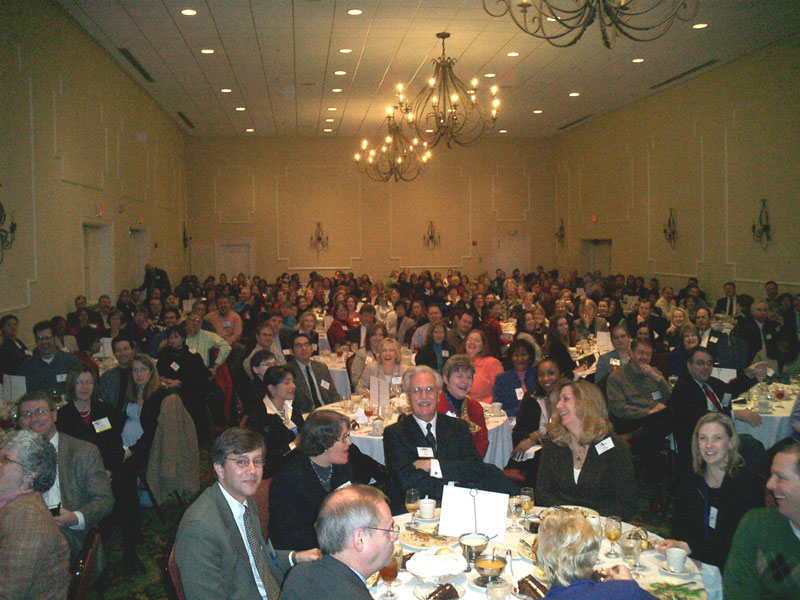I’m not using Google as much as I used to. I find I’m going days with no more than one or two searches. I have subscription accounts ($20/mo) for ChatGPT and Perplexity. I’ll probably drop Perplexity with that account expires and Apple fully integrates ChatGPT in to iOS and MacOS. The following excerpts are from a Fast Company article by Mark Sullivan.
When you Google the term “Perplexity AI,” you get a familiar-looking response: a link to the company’s website followed by four other related popular queries, a handful of published articles, related searches, and an endless scroll of links.
Perplexity’s answer machine, however, provides a very different experience: entering the phrase “what can you tell me about perplexity ai?” yields several links to credible-looking articles and relevant information from the company’s website, followed by an articulate and neatly organized brief overview.
And therein lies the allure. Perplexity is easy, it’s elegant, it’s specific. Eighteen months after the online tool (then called Ask) first launched, it’s become one of the buzziest products in the buzziest of all tech sectors—generative AI. Journalist and educator Jeremy Caplan described Perplexity as “like having a smart assistant who not only finds the book you’re looking for in a vast library but opens it to the exact page that has the information you need. Google just points you toward potentially relevant shelves.”
“We never wanted this to be a consumer product. It was meant to be enterprise search, except we never got enterprises to work with us.” Large companies, Srinivas says, were reluctant to provide Perplexity with access to their proprietary data. So the team looked for data they could access and decided to create a tool that could search the web. Perplexity’s “answer engine” launched on December 7, 2022, barely a week after the very noisy debut of ChatGPT.
Perplexity says it recently passed $10 million in annualized revenue. Almost all of that is coming from subscriptions to its $20-per-month Pro service tier, which the company says have been accelerating. The paid tier includes a research assistant, image and file uploads, and access to third-party AI models.

